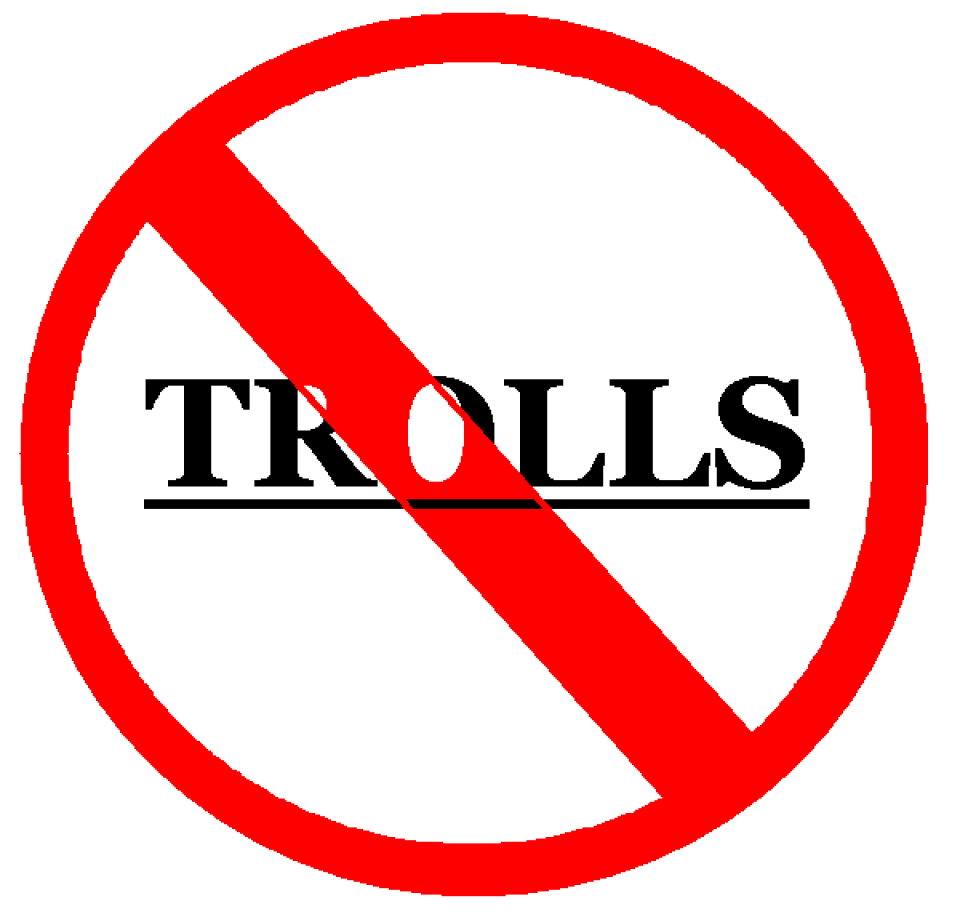
When my news alerts were flooded by Emma Watson’s “game-changing speech” about feminism at the UN at the start of the week, I was excited. I love Emma Watson, which is possibly a spillover love for Hermione and JK Rowling. They are all brilliant and brave plot-drivers, so I clicked on the video link immediately, but within a few minutes, I found myself trying to stem back my feeling of disappointment. Her speech was an earnest invitation for solidarity and collective responsibility by men on the persistence of gender discrimination and inequality that women and girls face everywhere in the world. But it was not radical or game changing. It talked about the rarely discussed vulnerability of men (except in Oscar-winning movies like “Brokeback Mountain” and the gritty realism of many British films), but stopped short of interrogating the power and privilege of dominant masculinities that perpetuate and solidify systemic and cultural re/production of dominance and discrimination. It questioned the discomfort of women taking on the identity of a “feminist”, but reduced the blame to the myth of “feminists as man-haters” rather than the high costs that women and girls face for claiming the political position. One of which is the very real and very persistent threat of violence.
Blackmail and sexualised bodies online
Within days of her highly visible and publicised speech, Emma Watson became the subject and target of such violence. The threat and reality of using women’s sexualised bodies as weapons to humiliate them, shut them up or blackmail them into submission are increasingly prevalent expressions of violence against women online. We have seen more reports of this by women in politics, women human rights defenders, women working in gaming or in technology fields or simply women who break off relationships with their (I guess rightly proven to be slime-worm) partners. The reduction of women’s bodies into a narrow framework of shame and consumable sexuality has provided the fuel for this form of violence to proliferate. Even as women claim our right to occupy and shape the public sphere, including the increasingly important public sphere of the internet where rights, norms and values are contested and negotiated, we are being firmly pushed back into small plastic boxes wearing nothing more than tiaras.
The good news is that this is becoming increasingly recognised as a problem, and as part of the larger issue of violence against women as an acute expression of systemic inequality and discrimination. With 200 million more men than women having internet access and low numbers of women and girls engaged in science and technology fields everywhere in the world, never mind decision making, it is not surprising that the online sphere is turning out to be increasingly masculine, patriarchal and hostile to women who do not conform to the narrow binary of gendered expectations. Which brings me back to the point about the attack against Emma Watson. Although the threat to release her nude pictures is a huge problem of online violence against women on its own, what troubles me more is how it is turning out to be exposing an even nastier side of dominant masculinities at work.
Trolling as currency
The news is confusing, with as many twists and turns as a Stieg Larsson novel. First there was the apparent threat to release Emma Watson’s nude pictures for daring to call for unapologetic feminism, complete with a countdown website. Then it turned out that the page was allegedly hacked by a marketing company in a bid to start a viral campaign against notorious hacking community 4chan in defence of women’s – specifically celebrities’ – right to privacy. Before a reaction could be formulated, the entire episode was reported to be a series of hoaxes by unknown internet “pranksters” as a trolling experiment. At each turn, what becomes evident is the kind of power and value that get circulated, recognised and amplified on the internet, and the difficult questions that this is raising for me as a feminist activist working on the internet as a political space.
1. The collective outrage
When the threat was reported, there was public and collective outrage. This rides on the currency of recently hacked and leaked nude photos of A-list Hollywood celebrities, which received huge press coverage and commentary for various reasons. The good thing is that it is raising important questions about women’s right to privacy and control over our own bodies, including photographs and self-representation. It is also raising important questions about the security of cloud services on the internet, and how our increasing connectivity and reliance on cloud services for storing data and content have significant privacy and security implications.
The troubling thing is that it takes celebrities to make the news – the epitome of women’s bodies that are prized, recognised and valued above all other types of bodies who may be similarly violated but have less visibility or recognition for redress because they are queer, less famous, differently abled, of varying ethnic descent, etc. This is important because it also determines the kind of response that is developed. For example, social media giants like Facebook pay very little attention- to the needs of women who are not from North America or Europe, even though, arguably, women from other parts of the world already have less access to direct recourse to these companies for action when their rights are violated.
2. In defence of…
There was something grossly insidious about the way that the (fake) marketing company was presenting itself as defending women’s right to privacy. It privileged – again – celebrity bodies above all others, as well as the US government as being the defender of some kind of ideal internet where such violations do not happen. In one broad stroke, it rendered invisible/irrelevant the many actors who have a stake and exercise decision-making power over the way the internet evolves, is shaped and governed, including the response of a diversity of internet users who are policy makers, technical developers, content creators, etc. Further, it ironically laid claim to its legitimacy through exactly the call of the #HeForShe campaign – we are fighting the good fight with/for you, we will take on the responsibility to defend Emma Watson and all women celebrities who face this scourge, and you will support us in your millions.
The fact that this sits comfortably within the framework raises important questions about the framing of the campaign itself. Does #HeForShe position men as active subjects and women as passive objects needing to be rescued? If the price of calling for solidarity is the inability to speak critically and loudly about the power and privilege of dominant masculinities in taking over discourses and perpetuating discrimination, then the solidarity is flawed. Don’t get me wrong. I think all of us do have a collective responsibility to deal with the violence and discrimination that we currently live with. But it cannot be on the premise of “in defence of…”. It needs to stem from a personal and political investment and commitment to interrogate our own relational power and privileges that uphold a structure of inequality and discrimination and enable it to flourish. We do it for ourselves. Not an imagined, weaker “other”.
3. Lulz is power
Trolling has become an increasingly valuable currency of the internet. To what extent you can predict how the “internet public” will respond to a particular event, which is in turn demonstrated through the number and speed of comments and shares over social media, is a testament to your in-depth knowledge and skill in this rapidly changing field. If you are able to take this one step further and orchestrate a massive reaction, then you are displaying mastery over a powerful domain made up of billions of people. The ability to troll effectively, especially for lulz, is a calling card between a small number of elites. This consolidates power and creates a communication culture that excludes the majority of internet users, especially those who are newly entering into the space. In turn, this can augment already existing inequality in power and access and control over resources that enable access in the first place. With 200 million fewer women than men already connected, not to mention the other two-thirds of the world who are not, this cannot help but have a gendered implication. Especially when trolling and lulz have been noted for being heavily racist and misogynist, and practices that privilege a particular kind of dominant masculinity that centres itself as the invisible norm.
The fact that feminism and online violence against women are trolled here raises two interesting points. One is that it signifies the visibility of the issue, and its currency in popular discourse and discussion. In recent years, there have been more and more prominent women speaking up against misogyny online and rejecting violence as part of our experience of the internet. There have also been several campaigns calling for the end of violence against women online and naming this as a violation of our right to expression, public participation and safety. The second, however, is that by turning it into lulz, they aim to disarm the struggle by showing up supporters of the feminist cause as the hapless internet public that can be “tricked” into falling for an elaborate hoax.
How do we fight back?
The entire episode has been revealing and raises many difficult questions about the culture of the internet and the challenges that feminists face in carving out strategies to dismantle patriarchal values that are sutured into the fabric of discrimination, violence and inequality. One of the biggest promises of the internet was its transformative potential as a new form of intimate and public space where diverse peoples can enter and engage in discursive constructions and contestation of hegemonic values and norms. But to do so, we need to enter into the space with our radical edge and politics of resistance intact. We need to use our scepticism and critical minds as weapons and question the values and principles that are currently driving what seems to matter online. This includes the culture of virality that is also underpinned by a capitalist logic where users are simply units of profitability.
We are reminded that neither silence nor retreat is an option. And so we must create together support systems for women who are attacked for speaking up. How does one respond to technology-facilitated witch hunts? Anita Sarkeesian tweets just as much of the #lovemail she receives as the #hatemail, and that must be one of the things that keep her going. We must hold on to the belief that speaking up empowers others and is a battle against trolling which silences others. In the end, we are not in a battle against the trolls; we are in a battle of influencing discourse. It is up to us to reclaim our right to play, experiment and occupy the internet with our diverse realities and priorities. And in doing so, change the rules of the game.
- 27266 views







Add new comment